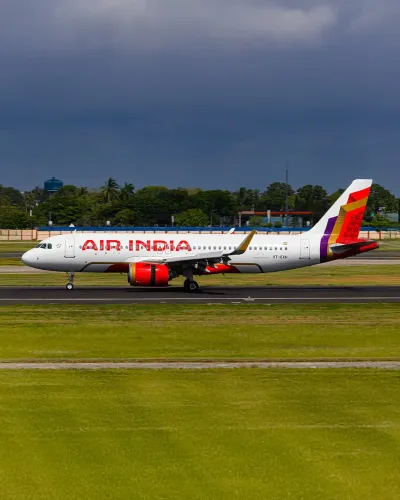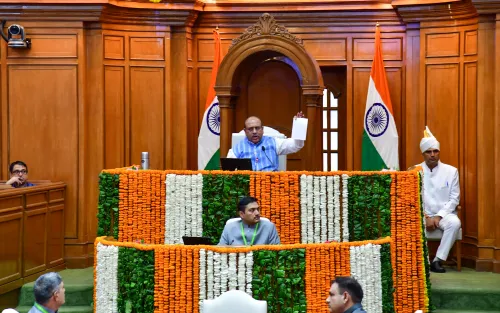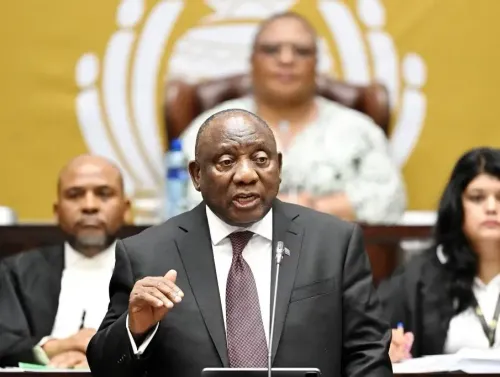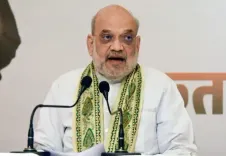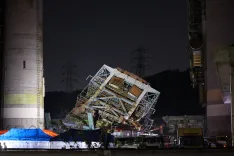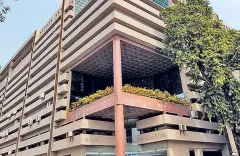Is the IAS Officer Behind Varanasi's Revival Shifting to Delhi?
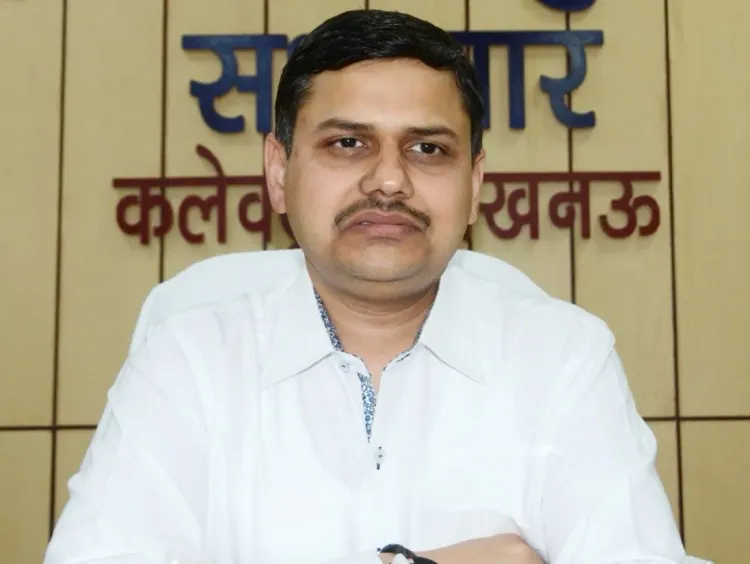
Synopsis
Key Takeaways
- Kaushal Raj Sharma's transfer highlights the IAS's role in urban development.
- His work in Varanasi has been instrumental in its beautification.
- Sharma's leadership is expected to guide significant projects in Delhi.
- The Kashi Vishwanath Corridor project showcases his effective governance.
- This move reflects the government's commitment to enhancing urban infrastructure.
New Delhi, May 6 (NationPress) Kaushal Raj Sharma, an esteemed 2006-batch Indian Administrative Service (IAS) officer renowned for his pivotal role in the revitalization of Varanasi, has been reassigned to Delhi. Speculations arise regarding his potential appointment in Chief Minister Rekha Gupta’s office, as reported by an official source on Tuesday.
Sharma, who has garnered favor with the Prime Minister’s Office due to his contributions in the PM's parliamentary constituency, is anticipated to lead significant initiatives, including the ambitious Yamuna riverfront development, according to insiders.
Having recently assumed the role of Secretary to Uttar Pradesh Chief Minister Yogi Adityanath, Sharma is set for a three-year deputation in Delhi, as per a circular issued by Anshuman Mishra, Under Secretary of the Department of Personnel and Training.
Previously serving as both the District Magistrate and Commissioner in PM Modi's Varanasi constituency, Sharma has been instrumental in the execution of urban infrastructure and beautification projects.
His tenure in Lucknow was brief, following a recent order for his transfer to Delhi, confirmed by an official.
Sharma has been assigned to the Arunachal Pradesh-Goa-Mizoram and Union Territory (AGMUT) cadre on deputation.
After the BJP's rise to power in Uttar Pradesh in 2017, Sharma was appointed as District Magistrate in Varanasi, overseeing its transformation from 2019 until April 22, 2025. His efforts significantly enhanced PM Modi's parliamentary constituency.
Among his notable achievements is his work on the Kashi Vishwanath Corridor, where he successfully convinced over 300 families to allow the demolition of their homes, resulting in the corridor's timely completion without controversy.


